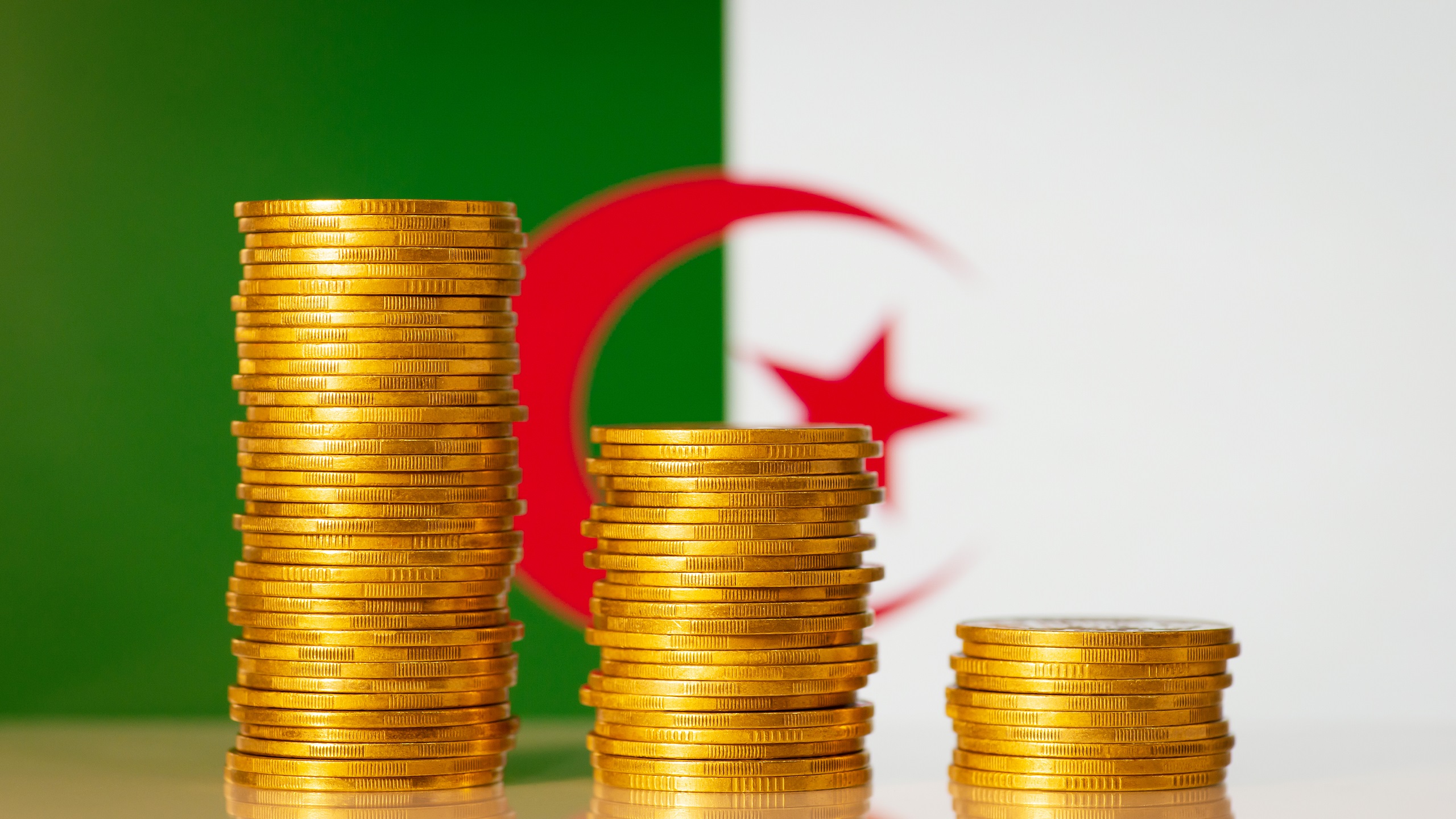Algeria’s foreign reserves surge to $72 billion amid economic growth

Algeria’s foreign reserves have seen a notable increase, reaching $72 billion by the end of 2024, marking a 4% rise from the previous year’s $69 billion.
This announcement was made by Algeria’s Finance Minister, Laziz Fayed, during a presentation of the 2025 budget bill to the nation’s parliament, highlighting continued economic growth and Algeria’s strengthened economic standing within Africa.
Minister Fayed reported a trade surplus of $2.8 billion for the current year, equivalent to 1.1% of Algeria’s gross domestic product (GDP), which stood at $267 billion last year.
These results place Algeria among the top three African economies, following South Africa and Egypt.
The finance minister expressed optimism for Algeria’s economic trajectory, projecting growth of 4.4% for the coming year, driven largely by non-hydrocarbon sectors, which are expected to contribute 4.7% to the GDP.
However, he also acknowledged that Algeria faces significant fiscal challenges, with anticipated budgetary expenditures of $128 billion and a record deficit of over 40%.
Despite these challenges, Fayed highlighted Algeria’s resilience, underpinned by improved macroeconomic indicators and an increase in foreign reserves.
He emphasized the government’s commitment to bolstering economic stability and supporting diverse sectors beyond hydrocarbons, aiming to sustain momentum in Algeria’s economic progress.
Additionally, Fayed introduced the 2025 budget proposal, which allocates an unprecedented $128 billion, including $25 billion for defense spending.
The budget reflects the Algerian government’s ambitious economic plans, despite a substantial projected deficit of $62 billion.
About The Author
dailymailafric
I am an avid African news observer, and an active member of Daily Mail Africa.
I’m Passionate about staying informed on diverse topics across the continent,
I actively contribute to publishing on political, economic and cultural developments in Africa.



